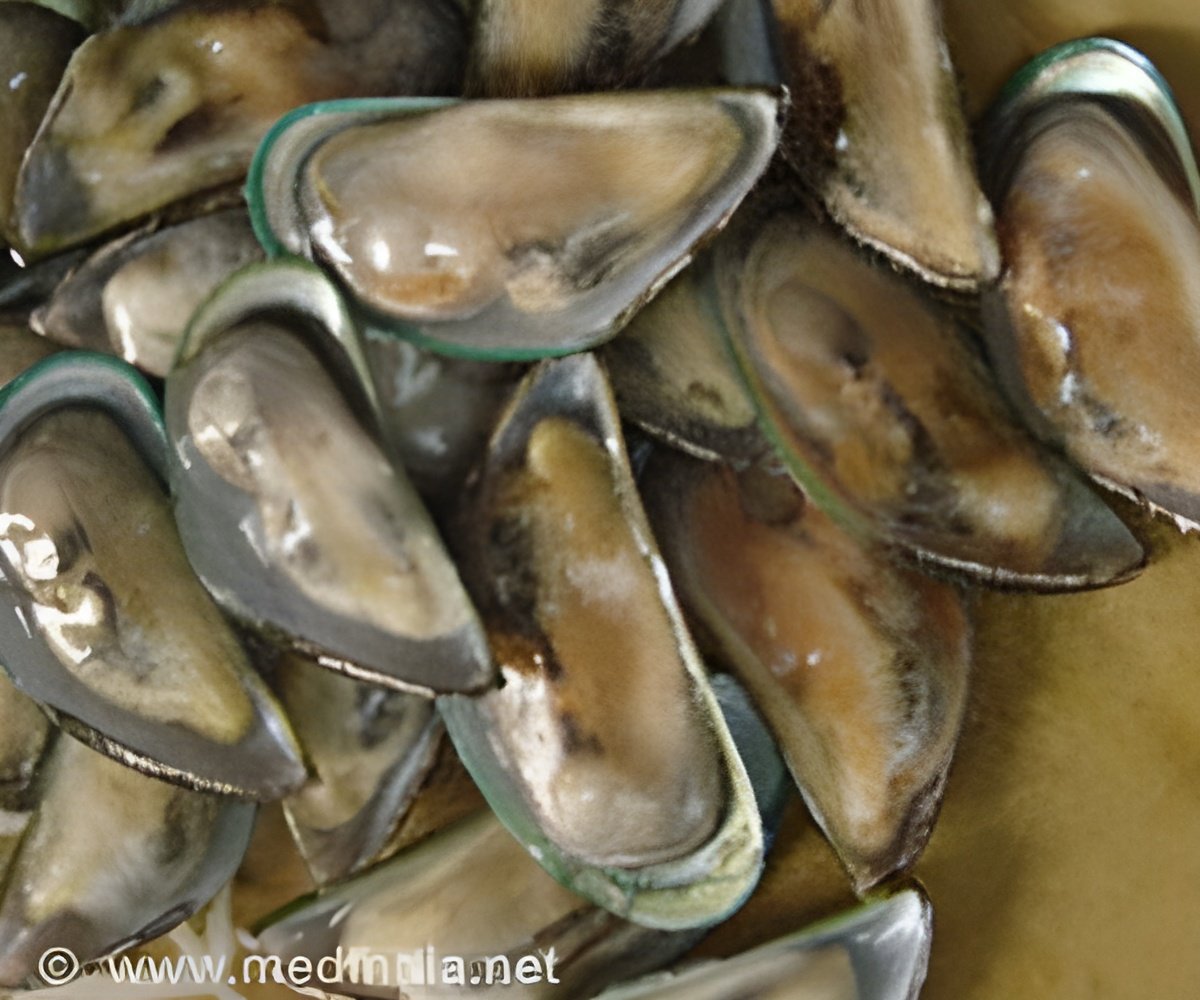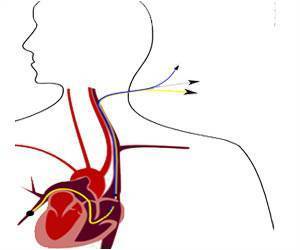
However, many of them have side effects or other problems, including an inability to perform well on wet tissue.
"To solve this medical problem, we looked at nature," Jian Yang, associate professor of bioengineering at Penn State said.
"There are sea creatures, like the mussel, that can stick on rocks and on ships in the ocean. They can hold on tightly without getting flushed away by the waves because the mussel can make a very powerful adhesive protein. We looked at the chemical structure of that kind of adhesive protein," Yang said.
Yang, along with University of Texas-Arlington researchers Mohammadreza Mehdizadeh, Hong Weng, Dipendra Gyawali and Liping Tang, took the biological information and developed a wholly synthetic family of adhesives.
They incorporated the chemical structure from the mussel's adhesive protein into the design of an injectable synthetic polymer.
Advertisement
The researchers tested the newly developed iCMBAs on rats, using the adhesive and finger clamping to close three wounds for two minutes. Three other wounds were closed using sutures.
Advertisement
They also stopped bleeding instantly, facilitated wound healing, closed wounds without the use of sutures and offered controllable degradation.
The iCMBAs are also non-toxic, and because they are fully synthetic, they are unlikely to cause allergic reactions. Side effects were limited to mild inflammation.
The iCMBAs could eventually be used in a wide range of surgical disciplines from suture and staple replacement to tissue grafts to treat hernias, ulcers and burns.
The findings are published in the journal Biomaterials.
Source-ANI









